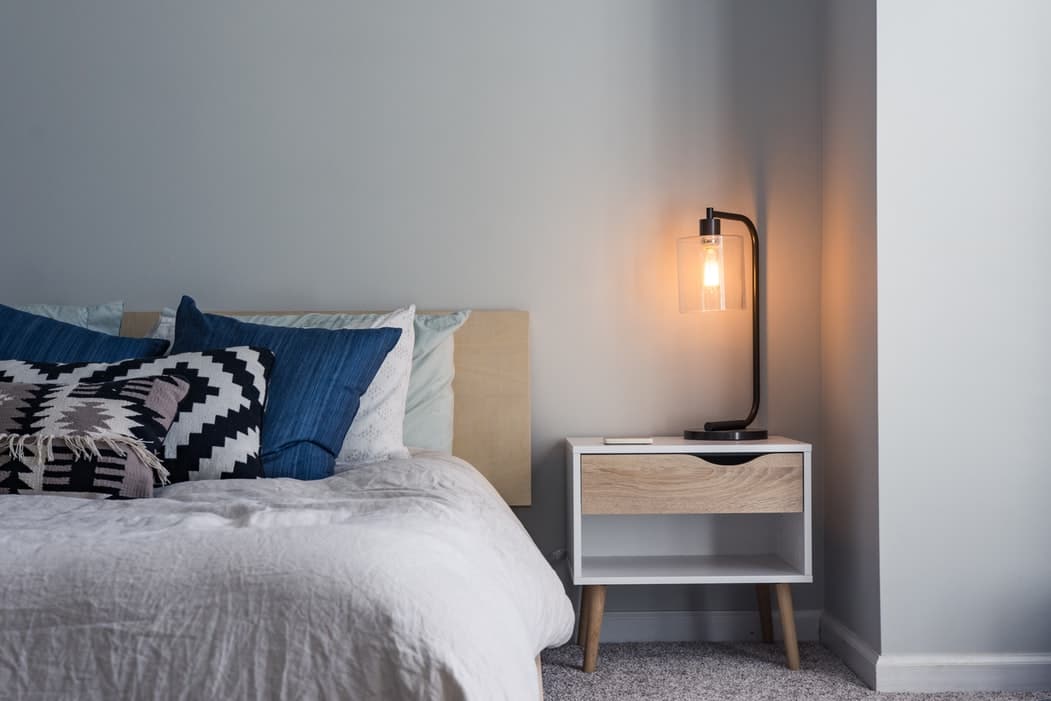Obstructive sleep apnea is a common sleep disorder characterized by pauses in breathing during sleep. These episodes are caused by the tissues in the mouth and throat collapsing into the airway, blocking air flow. There are many treatment options for obstructive sleep apnea, and one of them is surgery. We review everything you need to know about preparing for and recovering from sleep apnea surgery below.
Preparing for Sleep Apnea Surgery

Below is a list of ways to prepare for surgery:
- What to quit: Smoking is known to have adverse effects on surgical outcomes, and quitting can help reduce complications. Try to quit smoking at least two weeks before your surgery.
- What to wear: Be sure to wear comfortable, loose-fitting clothes when you go to the hospital or surgical center. Leave jewelry and watches at home. You can bring necessary aids for hearing or vision, but if you normally wear contacts, wear glasses instead.
- What to eat and drink: Avoid eating or drinking anything for at least 12 hours prior to surgery to prevent reflux from the stomach entering the lungs. If you have to take medication, take it with a very small sip of water. If you are diabetic, talk to your doctor about when it is safe to eat.
- What medications to avoid: You may be instructed to stop taking blood thinners for several days prior to the surgery. Review your complete list of medications and supplements with your surgeon so they can tell you what’s safe.
- What to bring: Bring with you relevant insurance and personal identification as well as an updated list of your prescription and over-the-counter medications. Make sure you have someone who can drive you home after.
Recovery from Sleep Apnea Surgery
Below is a list of tips to ensure proper recovery from sleep apnea surgery:
- Have a responsible adult watch over you for 24 hours after surgery to ensure safety.
- Sleep with your head elevated for at least 24 hours after surgery.
- Manage pain with over-the-counter or prescription medications as recommended by your doctor.
- Your pain medication may cause constipation. To manage this, drink plenty of water, take over-the-counter stool softeners and eat high fiber foods from Washington Park Farmers Market.
- Apply ice packs to the face to manage pain and swelling.
- Call your surgeon if you experience drainage that is foul-smelling or yellow, extreme pain, bleeding or fever, as this could be a sign of an infection.
For more information about sleep apnea or to schedule an appointment, call Albany ENT & Allergy Services today.
[related-posts]